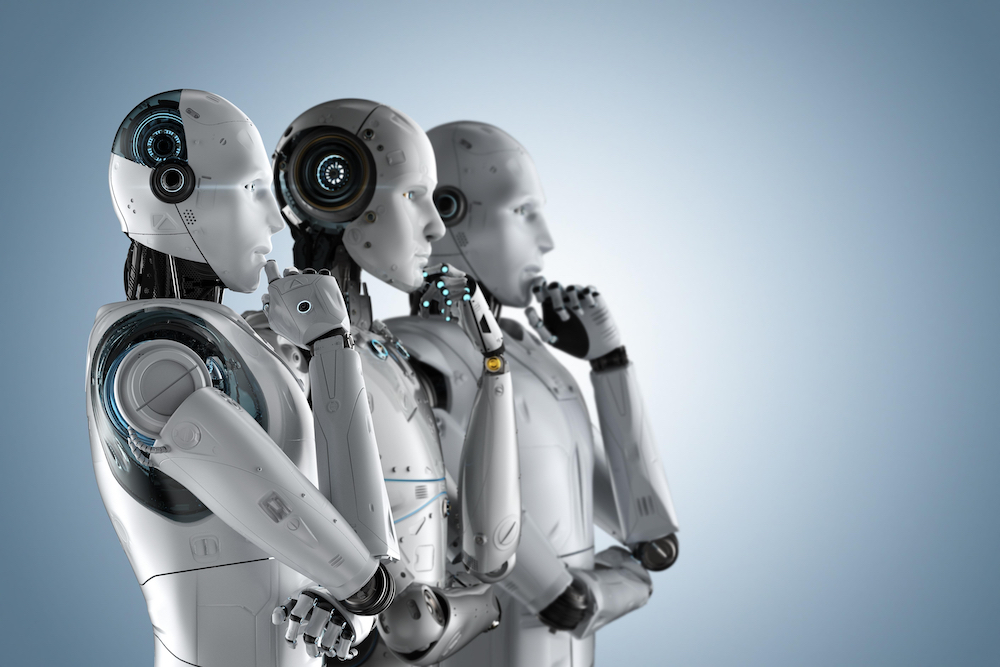

ChatGPT: The End of Data Analytics as We Know It?
In recent months the risks associated with artificial intelligence (AI) have highlighted bias, discrimination, misinformation, and autonomous weapons, but a new report has issued a sobering reminder about the impact on jobs.
The left-of-centre thinktank, the Institute for Public Policy Research (IPPR), has warned in a new report that almost 8 million UK jobs could be lost to artificial intelligence in a “jobs apocalypse”, the Guardian reported.
The IPPR warning reflects a similar warning issued in January 2024, when the International Monetary Fund (IMF) said that nearly 40 percent of jobs worldwide could be affected by AI, which could result in replacing jobs and worsening inequalities.
Prior to that in August 2023, research from strategic skills provider Corndel revealed that staff were increasingly worried about the impact of AI on their job security, with younger workers particularly worried.
In June 2023 recruitment specialist Totaljobs had suggested AI would fundamentally change the workplace in the UK, as well as the recruitment process.
BT had announced last year it would cut 55,000 jobs by 2030, and that a fifth of the roles would be replaced by AI.
Now this week the IPPR report has warned that women, younger workers and those on lower wages are at most risk from automation.
Indeed, according to the Institute for Public Policy Research, entry level, part-time and administrative jobs were most exposed to being replaced by AI under a “worst-case scenario” for the rollout of new technologies in the next three to five years.
The thinktank warned that the UK was facing a “sliding doors” moment as growing numbers of companies adopt generative AI technologies, and the report stated this first wave of AI adoption was already putting jobs at risk.
However, a second wave could lead to the automation of more jobs amid rapid advances in AI, the Guardian quoted the IPPR report as saying.
Analysing 22,000 tasks in the economy covering every type of job, the IPPR reportedly said 11 percent of tasks currently done by workers were at risk. This could, though, increase to 59 percent of tasks in the second wave as technologies develop to handle increasingly complex processes.
The IPPR reportedly said routine cognitive tasks – including database management, scheduling and stocktaking – were already at risk, with potential to displace entry level and part-time jobs in secretarial work, administration and customer services.
However, the second wave of AI adoption could impact non-routine tasks involving the creation of databases, copywriting and graphic design, which would affect increasingly higher earning jobs.
And the report stated that women would be significantly more affected, as “they are more likely to work in the most exposed occupations, such as secretarial and administrative occupations”.
In the worst-case scenario for the second wave of AI, 7.9 million jobs could be displaced, the report said, with any gains for the economy from productivity improvements cancelled out with zero growth in GDP within three to five years.
In a best-case scenario for full augmentation of the workforce with generative AI, no jobs would be lost, while the size of the economy could be increased by 4 percent, or about £92bn a year.
The thinktank reportedly said government action could prevent a “jobs apocalypse”, and help to harness the power of AI to boost economic growth and raise living standards.
“Already existing generative AI could lead to big labour market disruption or it could hugely boost economic growth,” Carsten Jung, senior economist at IPPR, was quoted by the Guardian as saying. “Either way, it is set to be a gamechanger for millions of us.”
“But technology isn’t destiny and a jobs apocalypse is not inevitable – government, employers and unions have the opportunity to make crucial design decisions now that ensure we manage this new technology well,” said Jung. “If they don’t act soon, it may be too late.”
Federal office that tackled misinformation and disinformation from hostile nations is closed down, after criticism…
After Nvidia admits it will take $5.5 billion charge as Trump export limits of slower…
Trump continues to target his former CISA head, signing a new executive order targetting Chris…
Two Chinese retailers warn customers in America that prices will increase next week, as Trump's…
Engineer Cristina Balan wins latest round in her long-running defamation claim against Elon Musk's EV…
Nvidia to partner with TSMC, Foxconn, Wistron, Amkor and SPIL to build $500 billion (£377…